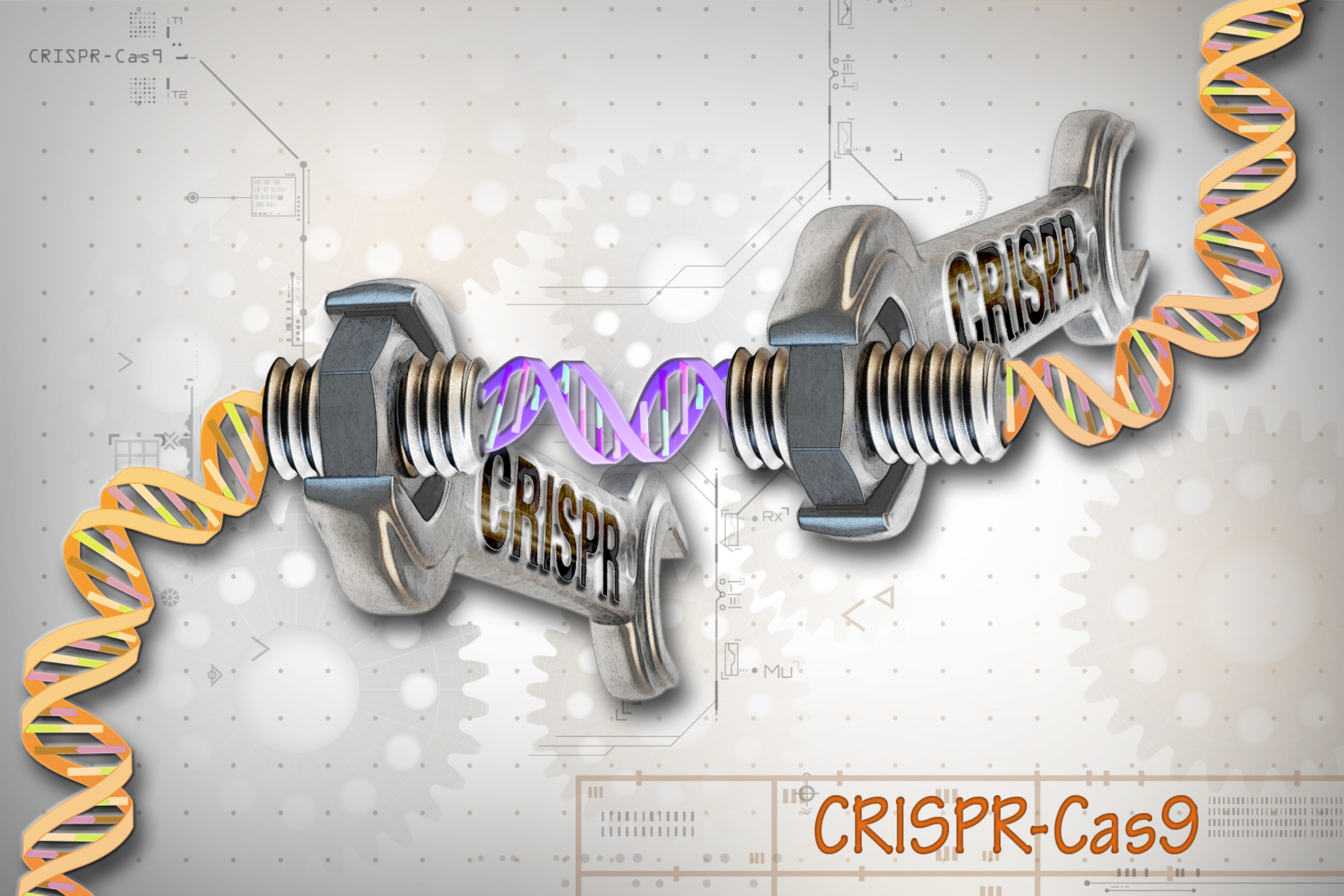Scientists have grown sheep embryos containing human cells for the first time, almost a year after announcing the creation of a human-pig hybrid.
The findings were presented at the American Association for the Advancement of Science conference in Austin, Texas.
The hope is that cultivating human organs in animals could, in future, reduce transplant waiting lists.
Here are seven things you need to know:

2. The researchers used a gene-editing tool known as the CRISPR-Cas9 to delete the DNA sequence of the sheep embryo that codes for the creation of a specific organ and replaced that with human cells. The aim of the experiment is for the embryo to accept the human cells and (one day) grow the desired organ which can then be successfully transplanted into the human.
3. The embryos were, however, developed for only 28 days to avoid ethical concerns. The researchers say they would like to extend the deadline to get a better idea of how the cells develop further. The US National Institutes of Health currently forbid public funding of human-animal hybrids. In the UK scientists, must apply for a licence to carry out similar research.

5. The scientists say sheep make viable hosts because they have heart and lungs that are similar to those of humans and produce organs that are about the right size for the human body. According to a report in The Telegraph, Dr Pablo Ross, one of the researchers involved in the study, said: “The sheep is a good model for many human conditions.”
6. It is hoped that, one day, animals will be able to grow human organs using this process for human transplants. The scientists believe this could be achievable in 10 years’ time, if the ethical issues are addressed. The NHS says about three people die every day in the UK through a lack of replacement organs.
7. Not everyone is convinced this will work. Robin Lovell-Badge, head of the division of stem cell biology and developmental genetics at the Francis Crick Institute in London, said there is a chance the human body could reject a transplant organ grown in an animal as it might contain blood vessels of the host, according to a report in The Guardian. “This would probably be a very fast rejection,” he said.






